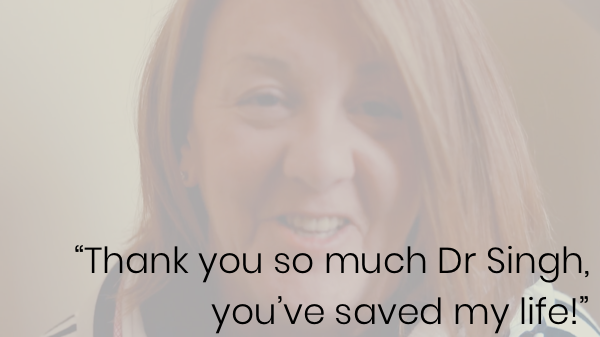What is Depression?
Most people feel sad or depressed at times. Feeling depressed can be a normal reaction to loss or life’s struggles. But when feelings of intense sadness — including feeling helpless, hopeless, and worthless — last for many days to weeks and keep you from functioning normally, you may very well have clinical depression — a treatable medical condition.
Symptoms
According to the National Institute of Mental Health, people with depressive illnesses don’t all experience the same symptoms. How severe they are, how frequent, and how long they last will vary depending on the individual. Here are common symptoms people with depression experience:
- Difficulty concentrating, remembering details, and making decisions
- Fatigue and decreased energy
- Feelings of guilt, worthlessness, and/or helplessness
- Feelings of hopelessness and/or pessimism
- Insomnia, early morning wakefulness, or excessive sleeping
- Irritability, restlessness
- Loss of interest in activities or hobbies once pleasurable, includingsex
- Loss of pleasure in life
- Overeating or appetite loss
- Persistent aches or pains, headaches, cramps, or digestive problems that do not ease even with treatment
- Feel sad, anxious, or “empty” feelings
- Thoughts of suicide or suicide attempts
Treatments
There are many types of depression medications today. Depression is treated with psychotherapy, medications, Electric Shock Therapy and Transcranial magentic stimulation.
Transcranial magnetic stimulation (TMS) is a method for non-invasively stimulating the brain using a magnetic field. The patient is awake and alert during TMS therapy. No medications or injections are used during the treatment session. Functional MRI studies demonstrate that there is dysfunction in the pre-frontal cortex in most patients with depression. TMS stimulates these regions of the brain back into health. Recently, several double-blind treatment trials have suggested that prefrontal TMS applied daily over 4 to 6 weeks is effective as an antidepressant and should be considered in patients who have failed two depression medications.
In preliminary studies TMS has shown to be safe for treating depression in pregnant and post-partum mothers.
- CARPENTER LL, et al (2012). Magnetic Stimulation (TMS) for Major Depression: A multisite, naturalistic, observational study of acute treatment outcomes in clinical practice
- RYBAK, M et al (2009). Attempt to Increase the Rate and Magnitude of the Antidepressant Effect of Transcranial Magnetic Stimulation
- FREGNI, F, PASCUAL-LEONE, A, (2005). Magnetic Stimulation for the treatment of depression in Neurological Disorders
- MOSIMANN UP, et al, (2004). Repetitive transcranial magnetic stimulation: a putative add-on treatment for major depression in elderly patients.
- GEORGE, M.S et al (2004). Daily Left Prefrontal Repetitive Transcranial Magnetic Stimulation for Acute Treatment of Medication-Resistant Depression

Begin Each Day Anew
“Have patience with all things, but chiefly have patience with yourself. Do not lose courage in considering your own imperfections but instantly set about remedying them — every day begin the task anew.”
Saint Francis de Sales
NOTICE TO PATIENTS OPEN PAYMENTS DATABASE
For informational purposes only, a link to the federal Centers for Medicare and Medicaid Services (CMS) Open Payments web page is provided here. The
federal Physician Payments Sunshine Act requires that detailed information
about payment and other payments of value worth over ten dollars ($10) from
manufacturers of drugs, medical devices, and biologics to physicians and
teaching hospital be made available to the public.
You may search this federal database for payments made to
physicians and teaching hospitals by visiting this website:
https://openpaymentsdata.cms.gov/


